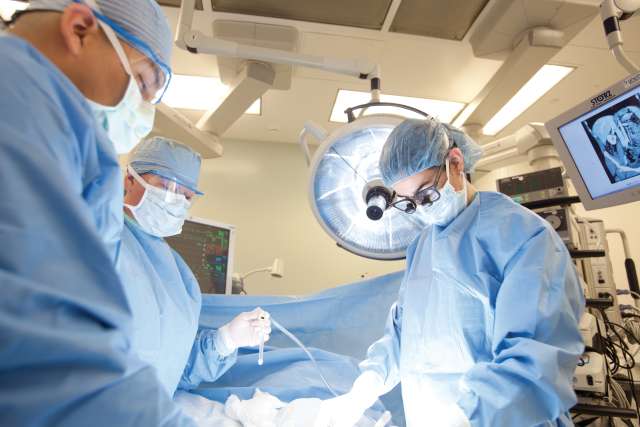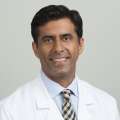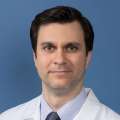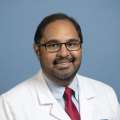Faculty, scientists, and urologists from UCLA Health Urology will present research data on the latest discoveries and innovations in urology at the 2024 American Urological Association’s (AUA) Annual Meeting in San Antonio, Texas, May 3-6.
The conference will feature over 70 presentations from UCLA Health physicians and scientists, including abstracts and podium presentations, highlighting topics impacting the field of urology.
These studies review cutting-edge topics, including novel evaluation techniques for Peyronie’s disease, using AI to help plan focal prostate cancer therapy, and evaluating the role of endourology innovations in low-resource communities.
According to the AUA, the annual meeting is the largest gathering of urologists globally – offering researchers in the field access to groundbreaking research, new guidelines, and the latest advances in urologic medicine.
“The AUA Meeting is always an exciting opportunity for our entire department, as it allows us to share our research with professionals across the world, as well as to learn from presentations from other leading academic centers,” said Christopher Saigal, MD, MPH, Professor and Executive Vice Chair of Urology at the UCLA David Geffen School of Medicine. “Collectively as a department, we take pride in the fact that over 70 presentations from UCLA Urology researchers will be featured, demonstrating our commitment to providing new solutions to the most challenging dilemmas faced by patients with urologic diseases.”
Abstracts from UCLA Health researchers and urologists will include:
Bacteria Trigger Calcium Oxalate Crystal Formation
Kymora Scotland, MD, PhD, will present a poster on kidney stone pathogenesis. Her research reveals that approximately 80% of kidney stones are composed of calcium oxalate (CaOx), and recent studies suggest the potential involvement of bacteria in CaOx nephrolithiasis. The study aims to identify evidence of bacteria within kidney stones and investigate biofilm-forming bacteria's impact on the formation and growth of CaOx crystals.
Endourology in Resource Limited Areas
Additionally, Dr. Kymora Scotland will also deliver multiple invited talks, including one on endourology in low-resource communities.
Effect of 3-dimensional, virtual reality models for surgical planning of robotic prostatectomy on trifecta outcomes: A randomized clinical trial
Joseph Shirk, MD, will present research on utilizing virtual three-dimensional (3D) models in planning robotic-assisted laparoscopic radical prostatectomy (RALP). Traditionally, surgeons review two-dimensional Magnetic Resonance Imaging (MRI) images and pathology results to understand the three-dimensional anatomy. The study aims to evaluate the impact of virtual 3D models on the trifecta of cancer control, continence, and erectile function in patients undergoing RALP.
Novel Evaluation Techniques for Peyronie’s Disease
Sriram Eleswarapu, MD, PhD, will discuss the current state of diagnosis for Peyronie’s disease by evaluating newer technologies.
Metrics of Treatment Outcome Following Partial Gland Ablation for Prostate Cancer
Wayne Brisbane, MD, will present an evaluation of the outcomes of treating prostate cancer in men who do not fully meet the standard inclusion criteria recommended by the focal therapy community.
Software to Determine Extent of Tumor Margins in Focal Therapy of Prostate Cancer
Wayne Brisbane, MD, will also present on the challenge of poorly defined margins of prostate cancer by MRI imaging, emphasizing the importance of treating these margins for complete ablation. The objective of the study is to assess the efficacy of Unfold-AI™, a recently FDA-cleared software, in enhancing the definition of tumor margins and guiding focal therapy.
“In presenting these diverse scientific findings, our goal is to illuminate what is happening at the forefront of urologic research and that research’s significant implications for patient care,” said Dr. Saigal. “From novel evaluation techniques for Peyronie’s disease to AI-based approaches that are revolutionizing prostate cancer therapy, each presentation reflects our dedication to pushing boundaries, improving outcomes, and enhancing the lives of our patients.”








